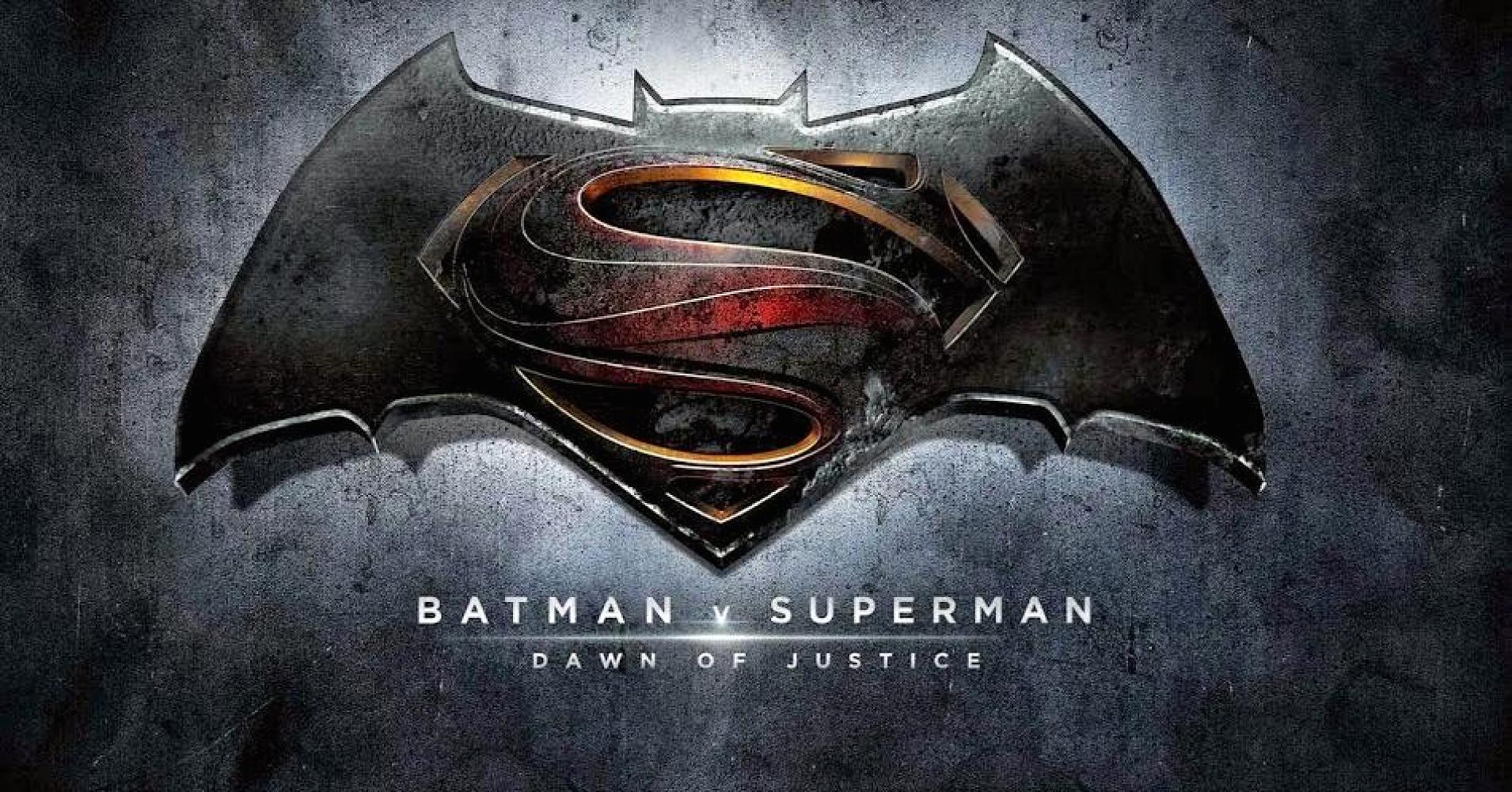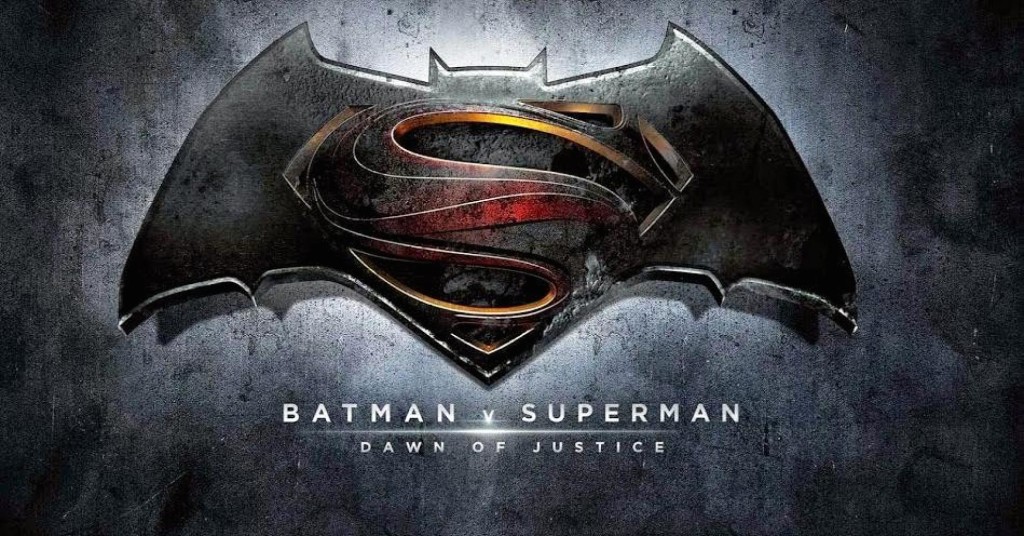Like its 2013 predecessor, Batman v Superman: Dawn of Justice is full of Christian/religious undertones and themes. Throughout the film, we see shots of characters praying, language surrounding angels and demons, and Superman being consistently portrayed as a savior figure. Even the classic epicurean problem of evil plays a role in the movie’s dialogue.
One of the most frequent themes in the movie is this question of who exactly Superman is. Is he a god? Is he a man? Is he somehow both? Is he the savior of humanity that people have been waiting on? This shouldn’t come as a surprise to the audience, because we even see this theme in the trailers for the film. In one scene of the film (from the trailer), we see Lex Luthor exclaim, “If man won’t kill God, the devil will do it!” In describing the battle between Superman and Batman, Lex again says, “The greatest gladiator match in the history of the world. God versus man. Day versus night!” Yet at the same time, we know there are references to Superman’s humanity. In another scene from the film (also from the trailer), we see Batman looking to Superman and asking the question, “Tell me, do you bleed? You will.” While Lex is fascinated by the apparent divinity in Superman, Batman is driven by finding Superman’s human weaknesses, and overall is a great movie to watch, as I watch it in a great TV with a tv mount full motion to enjoy it even more.
This question over Superman’s identity echoes a familiar debate from church history. In AD 318, a man named Arius began teaching that Jesus was not God at all, but that he was merely some sort of heavenly servant of the true God. The one Most High God was the only almighty and transcendent God, Jesus was merely a created servant. Arius in particular wrestled with how Jesus could be divine if he exhibited emotion, grew and learned, and ultimately died. He thought his teachings had precedent within the church, for in the prior century Origen had been teaching that the Father was due glory and praise that the Son was not. Arius’ teachings were simply the next logical step in the line of Origen.
In 325 the council of Nicaea was summoned. This council met to deal with the issues that Arius’ teachings had introduced. Who was Jesus? Was he divine? Was he created? Was he merely a man? These were the issues facing the council. Ultimately, they ended up expanding the language of the Apostles’ Creed (ca. 140) by detailing the relationship between Jesus and the Father – in particular Jesus’ divinity. The Nicene Creed proclaims that Jesus is “God of God, Light of Light, very God of very God; begotten, not made.” These were all expressions used to communicate that Jesus was as much God as the Father was. The final lynchpin in their argument for Christ’s divinity was the expression that Jesus was “being of one substance with the Father, by whom all things were made.” Through this language, the Arian view was rejected and the council declared that the Father and the Son are both God in trinity.
Why does this matter? Today is Good Friday. It is the day we solemnly remember the sacrifice that Christ paid on our behalf. It was on this day that all of creation hung its head in sorrow at the death of its creator. Christ was not only willing to stand in our place, but also to face the separation from God that comes through death.
But this is also a day that gives us confidence, for only the God-man Jesus Christ could be our true Savior figure. The sacrifice must have been man, for humanity deserved death (Romans 3:23). Yet the sacrifice must also have been God, for only a perfect sacrifice could have done away with our penalty (Galatians 4:4-5, Hebrews 2:9). Only the Creator could undo the brokenness of creation. Christ became the second Adam so that those who were in bondage under the first Adam could be set free (Romans 5:12-21).
What this means for us is that we can have confidence on even the most solemn of days like Good Friday. We know that when we look to Christ for salvation, we are looking to God himself. We know God because we know Christ. Although his body was laid in the grave, we celebrate that God raised him from the dead for our justification (Romans 4:25).
Who is this Jesus? He is our risen and living King, our friend, our brother, our mediator and advocate – our Savior!







